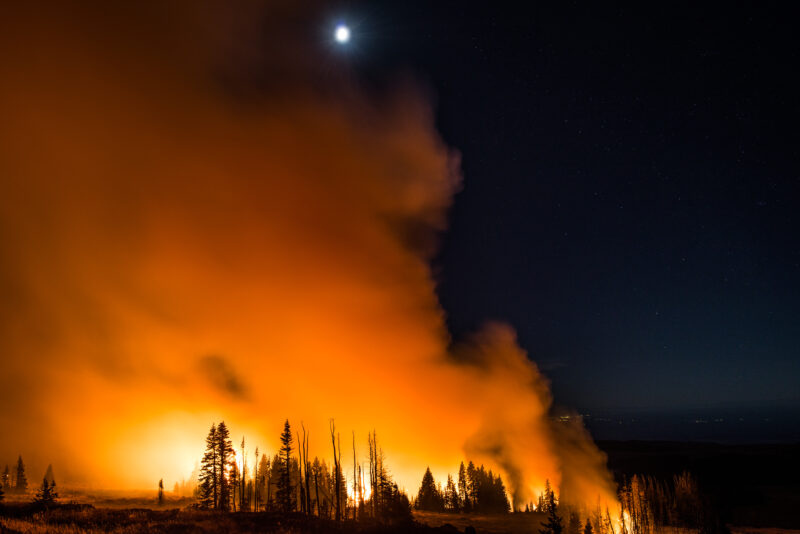
The Stigma of Mental Health in the Wildland Community
Wildland firefighting is a physically demanding and emotionally challenging job. While these brave men and women put their lives on the line to protect our communities and forests, they also face the risk of experiencing traumatic events that can impact their mental health. Unfortunately, the stigma surrounding mental health and trauma often makes it difficult for firefighters to talk about these issues and seek the help they need.
Trauma is an unfortunate reality for many wildland firefighters. They often witness the devastation of wildfires up close, putting themselves in harm’s way to protect property and people. These experiences can take a toll on their mental health, leading to symptoms such as anxiety, depression, and post-traumatic stress disorder (PTSD). Despite the prevalence of trauma and mental health issues among wildland firefighters, there is still a stigma surrounding these topics in the firefighting community. Many firefighters feel pressure to appear tough and resilient, which can make it difficult for them to open up about their emotions and seek help. The fear of being seen as weak or incompetent can prevent firefighters from seeking the support they need.
It’s important to break down this stigma and encourage open and honest conversations about trauma and mental health in the firefighting community. By acknowledging the emotional toll of the job and normalizing seeking help, we can help prevent the negative consequences of untreated mental health issues, such as substance abuse and suicide. There are several ways that the firefighting community can work to overcome the taboo of talking about trauma and mental health. One important step is to provide education and training on mental health and trauma, including information on the signs and symptoms of common mental health issues and resources for seeking help. It’s also essential to create a safe and supportive environment where firefighters feel comfortable discussing their experiences and seeking support.
Another important strategy is to provide access to mental health resources and support services, such as therapy, support groups, and crisis hotlines. By making these resources available and encouraging their use, firefighters can receive the help they need to manage their mental health and cope with trauma. Ultimately, it’s crucial to break down the stigma surrounding mental health and trauma in the firefighting community.
By acknowledging the emotional toll of the job and providing support and resources, we can help ensure that wildland firefighters receive the care and support they need to protect their mental health and well-being.